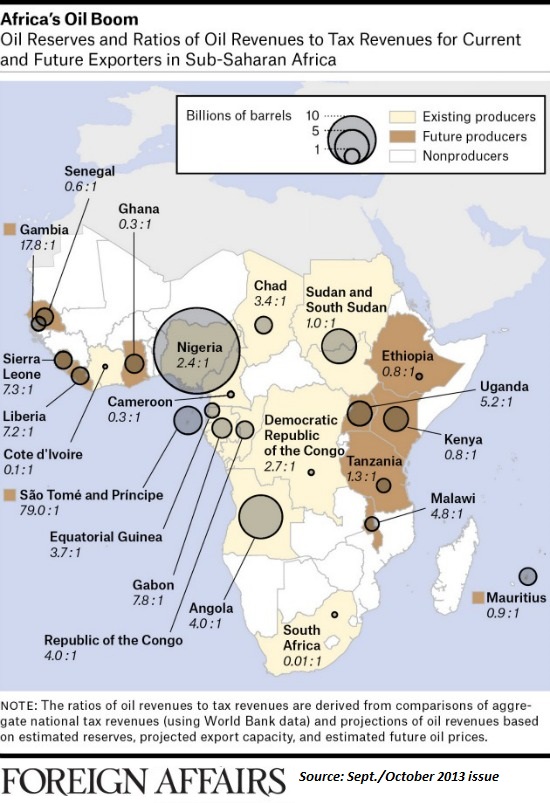Across the board, we are seeing European bank stocks (most notably Italian) trading halted. The 5-7% plunge in prices – just when everyone is proclaiming victory in Europe – reflects an apparent concern that the tougher-than-expected European bank stress-tests will expose the Italian banks for the bloated sovereign debt issuance soaks that they have become. As Draghi himself noted, in a desparate plea to maintain some credibility "banks do need to fail" to prove the credibility of the exercise, adding "if they do have to fail, they have to fail. There’s no question about that.". Spain is also under pressure and it would appear the "smart"money that chose to catch some knives in Greek banks may just lose more than one finger…
and here are Goldman's views on the stress tests…
ECB releases AQR/test parameters
Today, October 23, the ECB released its Note on Comprehensive Assessment, laying down key parameters governing the Asset Quality Review (“AQR”) and stress-test (“test”) processes.
Hurdle rate parameters: mixed
(1) Hurdle rate definition: below expectations. Fully phased BIII hurdle not used – instead, ECB chose phase-in, at two dates: (1) the AQR will be based on January 1, 2014 “phase-in” (a large difference to fully phased BIII), whereas (2) the stress-test will be based on either 2016 or 2017 phase-in (closer proxy to fully phased).
(2) Level of hurdle: 8% phase-in. This is broadly comparable to a 7% fully phased BIII, but only on the stress-test hurdle (so, January 1, 2017) and for the banks that do not rely on state-aid capital.
(3) Leverage ratio: an overlay, but definition unclear. In our view, this meets market expectations.
(4) RWAs: using adjusted rather than reported; positive, in our view.
AQR parameters: positive
(5) Broad scope of AQR, with a wide focus including all problematic areas of assets; positive.
(6) Outcome of AQR: a fully standardized and comparable NPL definition, in line with EBA guidance; positive.
Scope of exercise: includes 124 banks
We see the list of banks subject to AQR/test – which includes all German Landesbanken, one Sparkasse – as positive.
ECB makes a positive start – execution is key
All in, we see the release of key parameters as a positive start. Ultimately, however, it will be the execution, the details and, importantly, the willingness of the ECB to be an “intrusive supervisor” that will determine the success of this exercise. With parameters close to Survey expectations, we now believe a number of failures (survey expectation: #11) and meaningful recapitalizations (survey expectations: €75 bn) are a more realistic outcome, especially in the non-listed portion of the bank list.
Survey findings:

and compared to expectations, the tests "look" tougher…
Moar Bail-Ins?
![]()
via Zero Hedge http://feedproxy.google.com/~r/zerohedge/feed/~3/PcewxLCBFuw/story01.htm Tyler Durden










